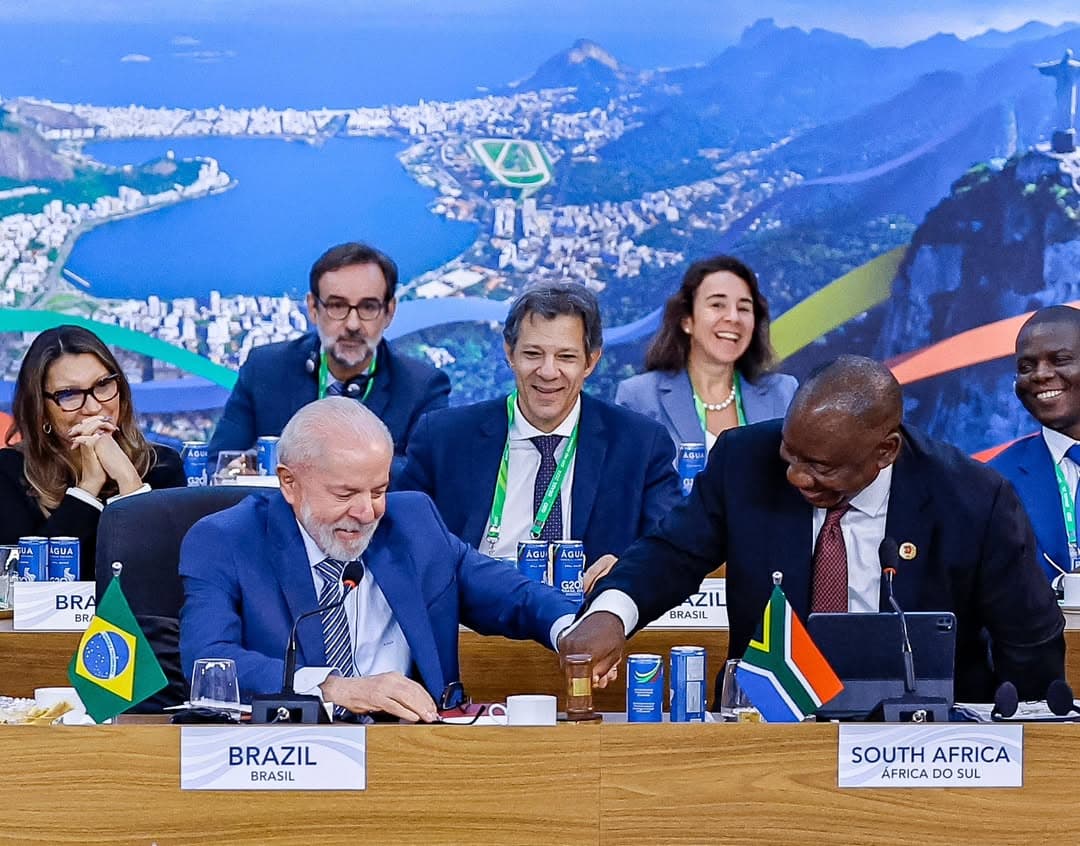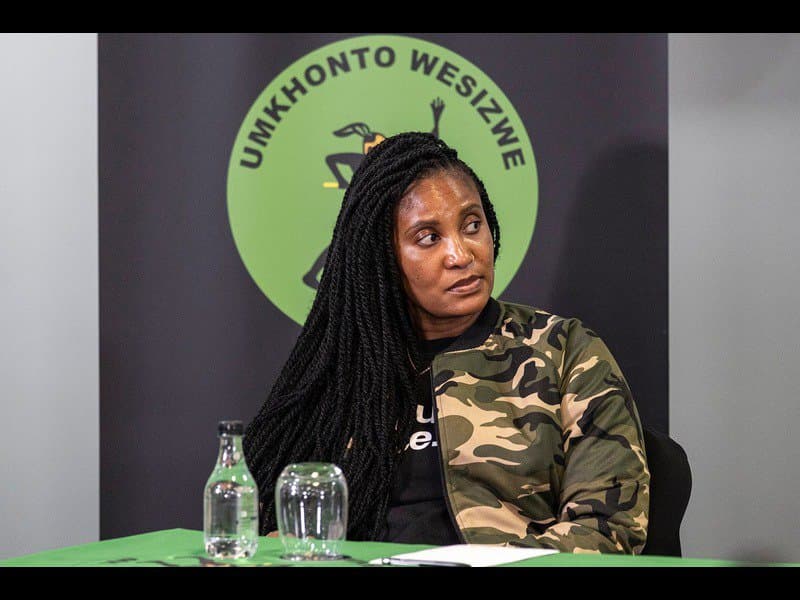G20 Leaders Adopt Climate Declaration in Johannesburg despite U.S. Boycott
A G20 leaders declaration on climate and global economic challenges was adopted in Johannesburg despite the United States refusing to attend, underscoring deep diplomatic strains and shifting power dynamics within the group. The decision amplifies demands from poorer nations on debt and adaptation while raising questions about the future coherence of global governance.

Leaders at the Group of 20 summit in Johannesburg adopted a leaders declaration on Saturday that emphasizes the seriousness of the climate crisis, calls for stronger adaptation measures, praises ambitious renewable energy targets and highlights heavy debt burdens facing poorer countries. The declaration was drafted by envoys without input from the United States, an absence that underscored a widening rift in multilateral cooperation.
The White House described the drafting and adoption of the declaration without U.S. participation as "shameful". South Africa, which hosted the summit, defended the outcome. President Cyril Ramaphosa had earlier told reporters there was "overwhelming consensus" for a summit declaration. His spokesperson added that the document "can't be renegotiated".
The drafting process, undertaken on Friday by envoys while Washington did not send officials to the leader level, marked an unusual rupture in G20 practice where consensus has traditionally been the norm. U.S. officials signaled their opposition to language on climate that they had resisted, and their decision not to attend the leaders meeting left other participants to move forward. Argentina registered last minute objections to portions of the text, and leaders from the European Union and elsewhere offered commentary that highlighted divergent priorities among member states.
For South Africa, shepherding a declaration that foregrounds adaptation and debt relief reflects a deliberate effort to center the concerns of the Global South. Delegates from poorer and middle income countries have increasingly linked climate commitments to sustainable development and debt sustainability, arguing that ambitious mitigation without financial support and relief for vulnerable economies would be unjust and impractical.
The diplomatic rupture has several immediate implications. Politically, the adoption of text without U.S. agreement signals a willingness among other G20 members to assert independent courses when Washington declines to engage. That may strengthen coalitions of countries seeking firmer multilateral responses to climate impacts and debt distress. It also risks fragmenting the G20 as a venue for global economic governance if major powers are unwilling to accept collective outcomes.
Legally and institutionally, the declaration does not create binding obligations under international law, but it carries normative weight that could influence processes at the United Nations and future climate negotiations. By elevating adaptation and debt concerns, the Johannesburg declaration may shape agendas at upcoming international forums and in multilateral development banks, where funding and reform discussions are already underway.
The episode highlights the tensions between national political choices and the expectations of international leadership. For Pretoria, the summit was an opportunity to amplify African priorities and project diplomatic stewardship. For Washington, the boycott reflected a political calculus that favored unilateral positioning over engagement in a forum conservatives view as flawed.
How the G20 manages the fallout will determine whether the group remains a central venue for coordinated responses to transnational problems or becomes a collection of like minded subgroups. In the near term, diplomats will turn their attention to translation of the Johannesburg text into actionable commitments at multilateral institutions and to patching frayed relations that the summit made plainly visible.


